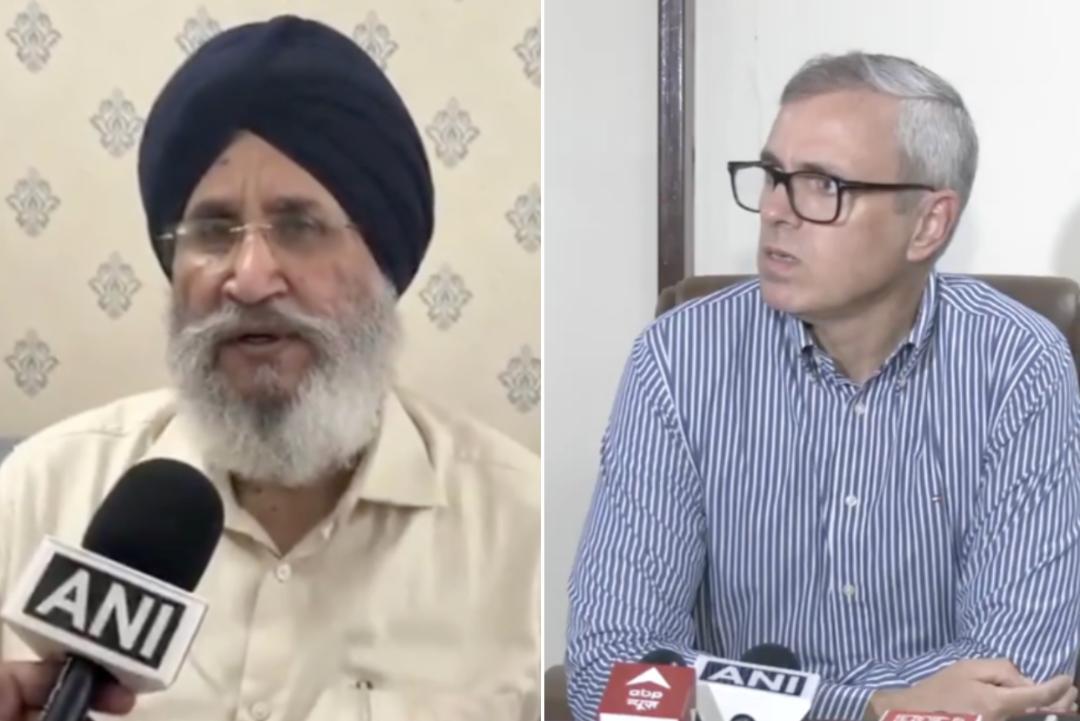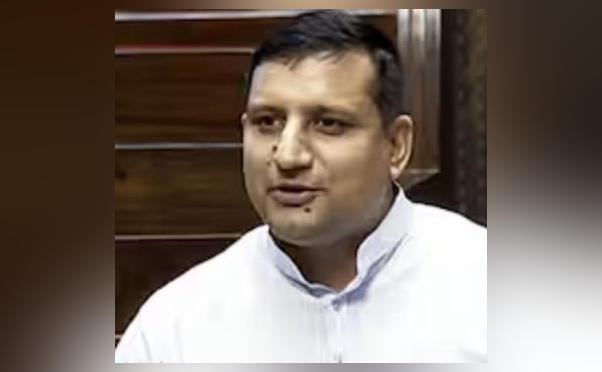
J&K CM’s Remark on Water Sharing Unreasonable: Akali Dal Leader
The recent statement made by Jammu and Kashmir Chief Minister Omar Abdullah, stating that his state will not share any water with Punjab, has sparked a controversy and ignited a heated debate. In response to Abdullah’s remark, Shiromani Akali Dal leader Daljit Singh Cheema has condemned the statement, terming it “unreasonable” and “unjust”.
According to Cheema, the J&K CM’s comment was unexpected, considering that river water distribution has historically favored other states like Rajasthan, Haryana, and Delhi. “We did not expect him to comment on Punjab, as river water distribution has earlier also been in favour of other states like Rajasthan, Haryana and Delhi,” Cheema said in a statement.
The Akali Dal leader’s statement comes in the wake of Abdullah’s remark during a recent rally, where he stated that J&K would not share any water with Punjab, claiming that the state has been unfairly deprived of its rightful share of the river waters. Abdullah’s statement was met with widespread criticism, with many questioning the basis of his claim and the implications of his statement.
The controversy surrounding Abdullah’s remark stems from the fact that J&K has long been at the receiving end of the Indus Waters Treaty, which was signed in 1960 between India and Pakistan. The treaty allocates the waters of the Indus River and its tributaries between the two countries, with J&K being the primary beneficiary.
However, over the years, the state’s share of the river waters has been reduced significantly due to the construction of dams and canals by other states, including Punjab. The Akali Dal leader has accused Abdullah of being “unreasonable” and “unjust” in his demand that J&K should not share any water with Punjab, while simultaneously ignoring the historical injustices suffered by the state.
Cheema also pointed out that Abdullah’s statement was a clear attempt to divert attention from the real issues plaguing J&K, including the lack of development and infrastructure in the state. “Instead of making unreasonable demands, the J&K CM should focus on addressing the real issues facing the state, such as the lack of employment opportunities, poor healthcare facilities, and inadequate infrastructure,” he said.
The controversy surrounding Abdullah’s remark has also sparked a debate on the Indus Waters Treaty and the distribution of river waters among the states. Many have questioned the fairness of the treaty, arguing that it has led to a significant imbalance in the distribution of river waters, with some states receiving more than their fair share.
The Akali Dal leader’s statement has also been seen as a bid to consolidate the party’s support among the Sikh community in Punjab, which has traditionally been a stronghold of the Akali Dal. The party has long been seen as a champion of the Sikh community’s interests, and Cheema’s statement is likely to be seen as a attempt to reinforce this image.
In conclusion, the controversy surrounding Abdullah’s remark highlights the complex and sensitive issue of river water distribution among the states. While the J&K CM’s statement may have been intended to rally support for his state, it has instead sparked a heated debate and ignited a controversy that is unlikely to die down anytime soon.





